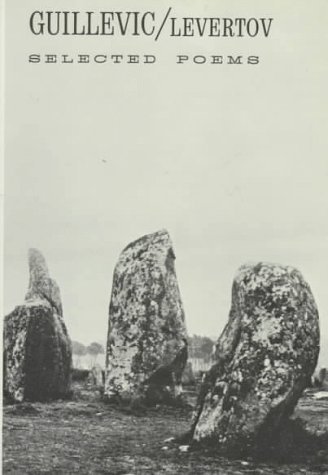Son père, d'abord marin, se fait gendarme et l'emmène à Jeumont (Nord) en 1909, à Saint-Jean-Brévelay (Morbihan) en 1912, à Ferrette (Haut-Rhin) en 1919 où il apprend l'allemand et sa variante alémanique, l'alsacien.
Après avoir passé un baccalauréat de mathématiques, il est reçu au concours de 1926 dans l'administration de l'enregistrement (Alsace, Ardennes). Nommé en 1935 à Paris rédacteur principal à la direction générale du ministère des Finances et des Affaires économiques, il est affecté en 1942 au contrôle économique. Il appartient de 1945 à 1947 aux cabinets des ministres communistes François Billoux (Économie nationale) puis Charles Tillon (Reconstruction). En 1947 après l'éviction des ministres communistes, il réintègre l'Inspection générale de l'Économie où il s'occupe notamment d'études de conjoncture et d'aménagement du territoire, jusqu'à sa retraite en 1967.
Il devient dès avant guerre l'ami de Jean Follain qui l'introduit dans le groupe Sagesse. Puis il appartient au groupe de l'École de Rochefort.
Catholique pratiquant jusque vers trente ans, il devient sympathisant communiste au moment de la Guerre d'Espagne, adhère en 1942 au Parti communiste alors qu'il se lie à Paul Éluard et participe aux publications de la presse clandestine (Pierre Seghers, Jean Lescure). Il demeure, malgré bien des réticences sur la fin des années 1960, fidèle à son engagement jusqu'en 1980.
En 1968, Jeanne Moreau interprète 17 textes de Guillevic (Les Chansons de Clarisse). Ils furent inspirés par un personnage d'un roman d'Elsa Triolet (Les Manigances) et mis en musique par Philippe-Gérard.
En 1977, il collabore avec le peintre Bernard Mandeville, dans le cadre d'un ouvrage biographique de l'artiste.
Guillevic a reçu le Grand Prix de poésie de l'Académie française en 1976, le Grand Prix national de la poésie en 1984, le Prix Goncourt de la poésie en 1988 et le Prix Bretagne en 1975.

